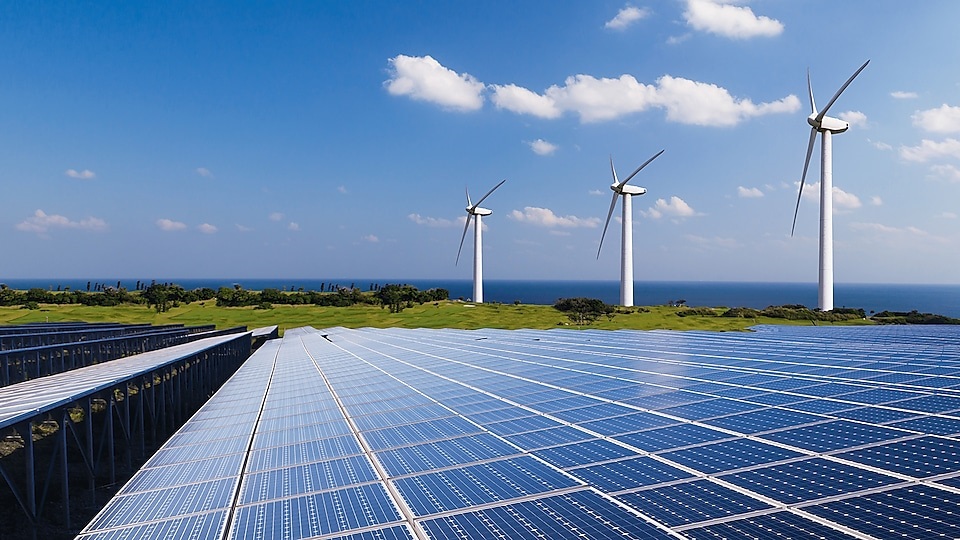Whether it's about increasing the number of electric vehicles, hydrogen or low-carbon electricity, international cooperation must accelerate to enable the transition from high-emission sectors and meet international climate commitments, according to a report presented on Tuesday during the 26th Conference of Parties (COP26) to the Paris Agreement.
At last year's climate conference in Glasgow, 45 countries pledged to focus on international collaboration to deploy greener solutions across multiple industries: electricity, ground transport, steel, hydrogen and agriculture. The idea is to make environmentally friendly technologies more affordable, especially for poorer countries.
A follow-up report published on Tuesday under the aegis of the International Energy Agency (IEA) notes progress but concludes that much greater international cooperation is needed to put the world on track to meet its climate commitments. A "major challenge" is collaboration between countries and sectors, IEA Executive Director Fatih Birol stressed during the presentation of the report to the press.
The report, which makes a total of 25 recommendations, focuses in particular on a sector where notable progress has been recorded, according to Birol, that of land transport, with a doubling of the sales of electric vehicles in 2021.
The authors advocate a common international timetable for the end of thermal vehicles, a harmonisation of standards in batteries and financial mobilisation in favour of charging infrastructure in developing countries.
On the electricity side, they encourage the creation of cross-border "super-grids" to promote the exchange of low-carbon electricity -from renewable sources in particular- or the creation of international centres of expertise to help the transitioning of countries that still use coal.

